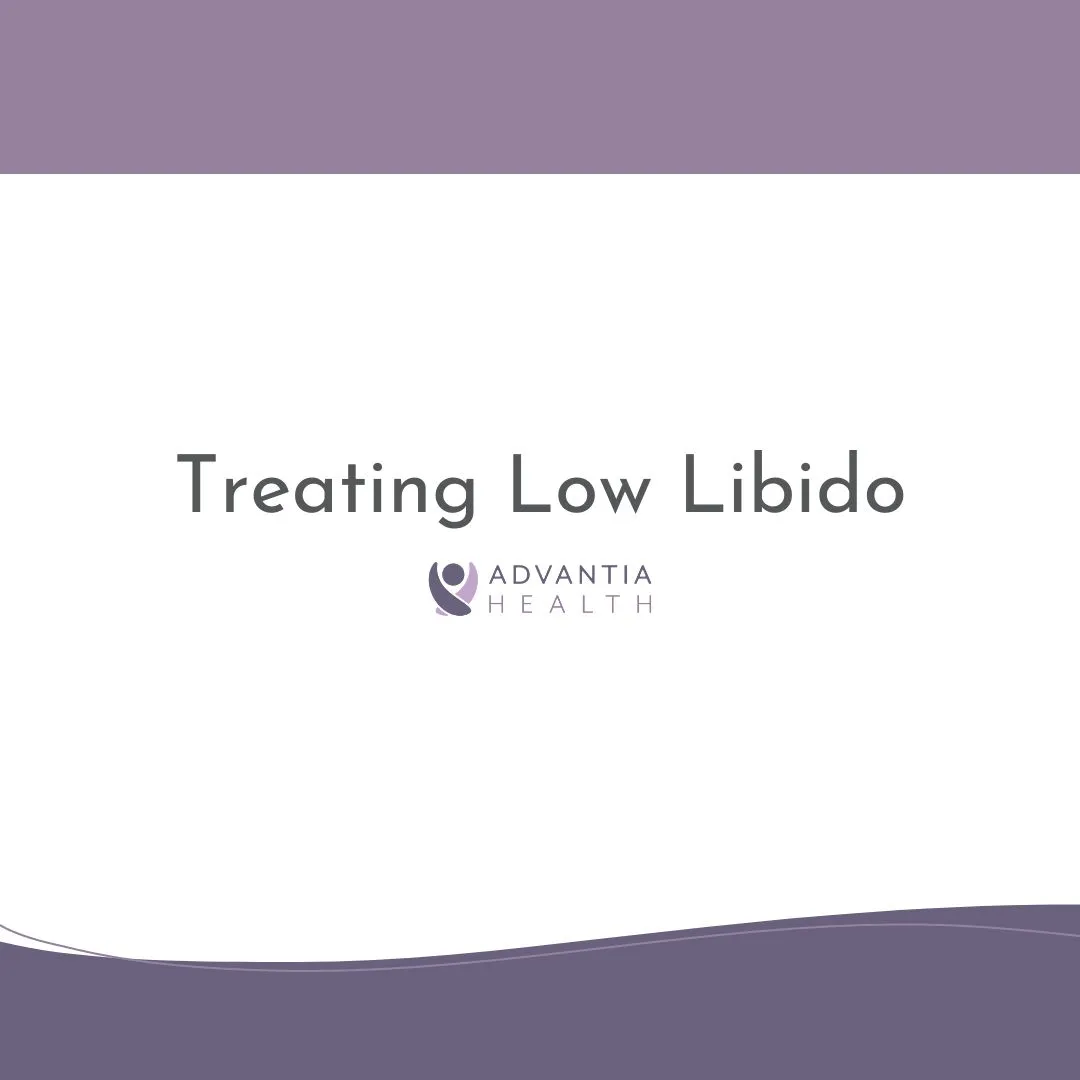
Published on: 11 August, 2023
Read Time: 3 min
Treating Low Libido
It’s common for a woman’s interest in or desire for sex to vary during her lifetime. Individual sex drive can also be significantly different from person to person – there is no standard definition for low libido, or sexual desire.
Symptoms can include feeling sad about your lack of sexual activity, rarely or never having sexual fantasies or thoughts, or having diminished or no interest in any type of sexual activity, including masturbation.
If you are bothered by a recent lack of interest, there are solutions you can pursue at any age. You do not have to accept a change as a normal and irreversible part of aging.
In this article, our aim is to arm you with knowledge and strategies that not only tackle your immediate concerns but also empower you to boost your sexual health.
Factors Contributing to Low Libido
There are many factors that can influence libido, from physical elements like hormonal imbalances and medication side effects to chronic health conditions.
For example, selective serotonin reuptake inhibitors (SSRIs), which are commonly used to treat depression and anxiety, can cause low sex drive or difficulty reaching orgasm. Due to their impact on blood flow to the genitals or reduced energy levels, conditions including diabetes, heart disease and high blood pressure can also decrease sexual desire. The ongoing estrogen-level decreases that accompany menopause, or the significant fluctuations in both estrogen and progesterone during pregnancy can impact sex drive.
It is also important to recognize that there are emotional and psychological contributors to low libido, including stress, anxiety, depression, past trauma and relationship issues. Those who experience negative body image or feel pressured by societal expectations can also have less pleasurable sexual experiences that ultimately lead to lower desire.
By working with an experienced women’s health provider, you can uncover the root causes of low libido and devise personalized solutions for enhancing your sexual health.
Practical Strategies for Boosting Your Libido
When it comes to increasing libido, simple lifestyle changes can have a big impact. Staying active, reducing stress, and eating well are all key. Limiting alcohol consumption, avoiding illegal drugs and quitting smoking are also positive lifestyle choices that can help boost your libido naturally and improve your overall well-being.
When it comes to medical options, we’re here to guide you through the choices, whether it’s considering hormone therapy, exploring different medications, or looking into alternative treatments. It’s all about finding what works best for you.
At Advantia Health, we’re not just here to offer advice; we’re here to support you on your journey. We provide a safe and confidential space to discuss these concerns, and are committed to working with you to find the best ways to enhance your sexual well-being.
Our Commitment to Your Well-Being
At Advantia Health, we deeply value the role of knowledge in empowering our patients. Through our compassionate approach, we go beyond offering caring assistance by providing accurate and reliable information. We work hard to listen to your worries and provide constant support, making sure your health and happiness come first.
For those seeking more information on low libido, we encourage exploring the following resources:





